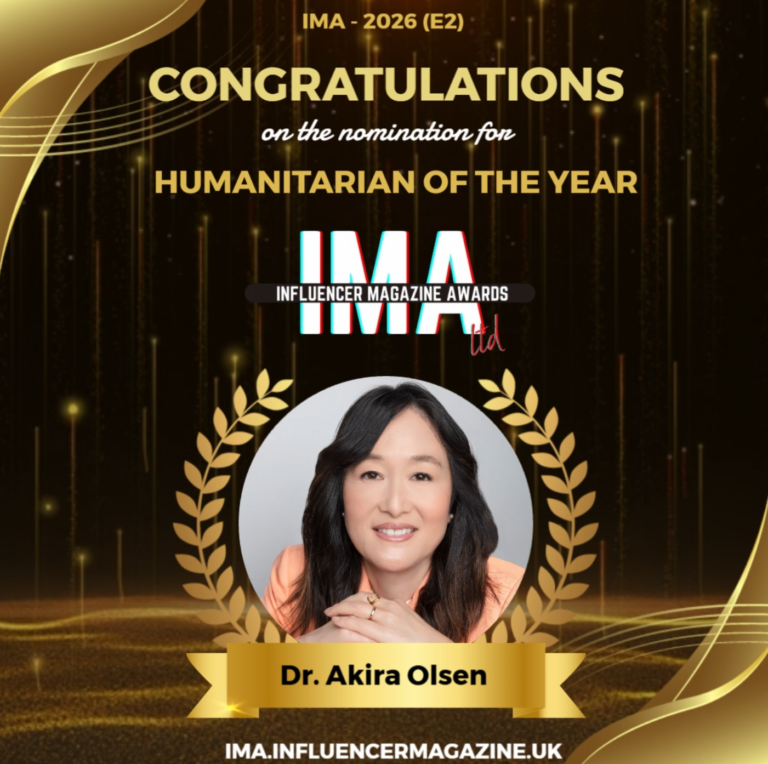
Google’s ranking algorithms are designed to prioritize helpful and reliable information that serves people’s needs rather than simply aiming for higher search engine rankings. This guide aims to assist content creators in evaluating whether their content is meeting these criteria.
Self-Evaluation of Content To ensure that your content is helpful and reliable, it’s important to assess it using the following questions. Additionally, consider seeking input from individuals who are unbiased and unaffiliated with your website.
Conduct an assessment of the recent changes in your content’s performance. Analyze the impact on pages and search results, paying close attention to the affected pages and their relevance to the outlined questions.
Content Quality Assessment Is the content offering original information, research, analysis, or reporting? Does the content provide a comprehensive and detailed description of the subject matter? Does the content provide insightful and unique information beyond the obvious? If the content references other sources, does it add substantial value beyond mere copying or rewriting? Does the main heading or title accurately summarize the content’s essence? Is the main heading or title free from exaggeration or sensationalism? Is the content something that users would bookmark, share, or recommend? Does the content have the quality that you’d expect from reputable sources like magazines or encyclopedias? Does the content provide significant value compared to other search results? Is the content free from spelling and stylistic errors? Is the content well-structured and polished, or does it seem hastily put together? Is the content generated by a large number of creators or outsourced to a network of sites, resulting in lack of attention to detail? Expertise Evaluation Does the content convey information in a trustworthy manner through clear sourcing and evidence of expertise? Would someone researching the producing site view it as reputable and authoritative on the subject? Is the content authored by an expert with a demonstrated understanding of the topic? Does the content contain easily verifiable factual accuracy? Enhancing User Experience Google values content that offers a positive user experience. It’s essential to focus on multiple aspects of user experience rather than just one or two. For more details, refer to our guide on Understanding Page Experience in Google Search Results.
Prioritizing People-Centric Content People-centric content is created primarily for the benefit of users, not just to manipulate search engine rankings. To determine if you’re on the right track with a people-first approach, consider the following:
Is your content useful to your intended audience? Does your content showcase first-hand expertise and in-depth knowledge? Does your website have a clear primary purpose or focus? Does your content equip users with sufficient knowledge to achieve their goals? Is your content designed to provide a satisfying user experience? Steer Clear of Search-First Content To succeed with Google Search, it’s recommended to prioritize people-first content over content created solely to improve search engine rankings. The following are warning signs that you might be focusing on search-first content:
Is your content primarily intended to attract search engine traffic? Are you generating a large volume of content across various topics, hoping that some will rank well? Are you relying heavily on automation to produce content on numerous subjects? Does your content mostly summarize existing content without adding significant value? Is your content inspired by trends rather than catering to your existing audience’s interests? Does your content prompt readers to search for better information from other sources? Avoid creating content with word count goals dictated by popular misconceptions about Google’s preferred word count. Google does not have a preferred word count.
Understanding SEO and Content Search Engine Optimization (SEO) includes strategies to improve search engines’ understanding of your content. While SEO can enhance content visibility, it’s crucial to apply it to people-first content rather than search-first content.
Familiarize Yourself with E-A-T and Quality Rater Guidelines Google’s algorithms consider various factors to rank high-quality content. After identifying relevant content, the systems prioritize those that exhibit experience, expertise, authoritativeness, and trustworthiness (E-A-T).
Of these factors, trust holds the utmost importance. While all E-A-T aspects contribute to trust, not all are required for every piece of content. For instance, some content might be valuable based on experience, while others shine through their shared expertise.
E-A-T itself isn’t a specific ranking factor, but a combination of signals that identify content with good E-A-T can be influential. Pages demonstrating strong E-A-T for topics significantly impacting health, finance, safety, or societal welfare receive added weight. These topics are known as “Your Money or Your Life” (YMYL) topics.
Quality Rater Insights Search quality raters provide feedback on whether our algorithms deliver satisfactory results, allowing us to fine-tune our systems. They assess content for strong E-A-T. While rater data doesn’t directly impact rankings, it aids in system assessment.
Refer to the quality rater guidelines to better understand content evaluation criteria. These guidelines help align content with automated ranking systems.
Adopt the “Who, How, and Why” Approach To align with our ranking criteria, evaluate content based on “Who, How, and Why.”
Who Created the Content? Clearly indicate the content’s authorship to enhance E-A-T. Address these “Who” questions:
Is the author evident to visitors?
(This entire article was written using Google guidelines.)








